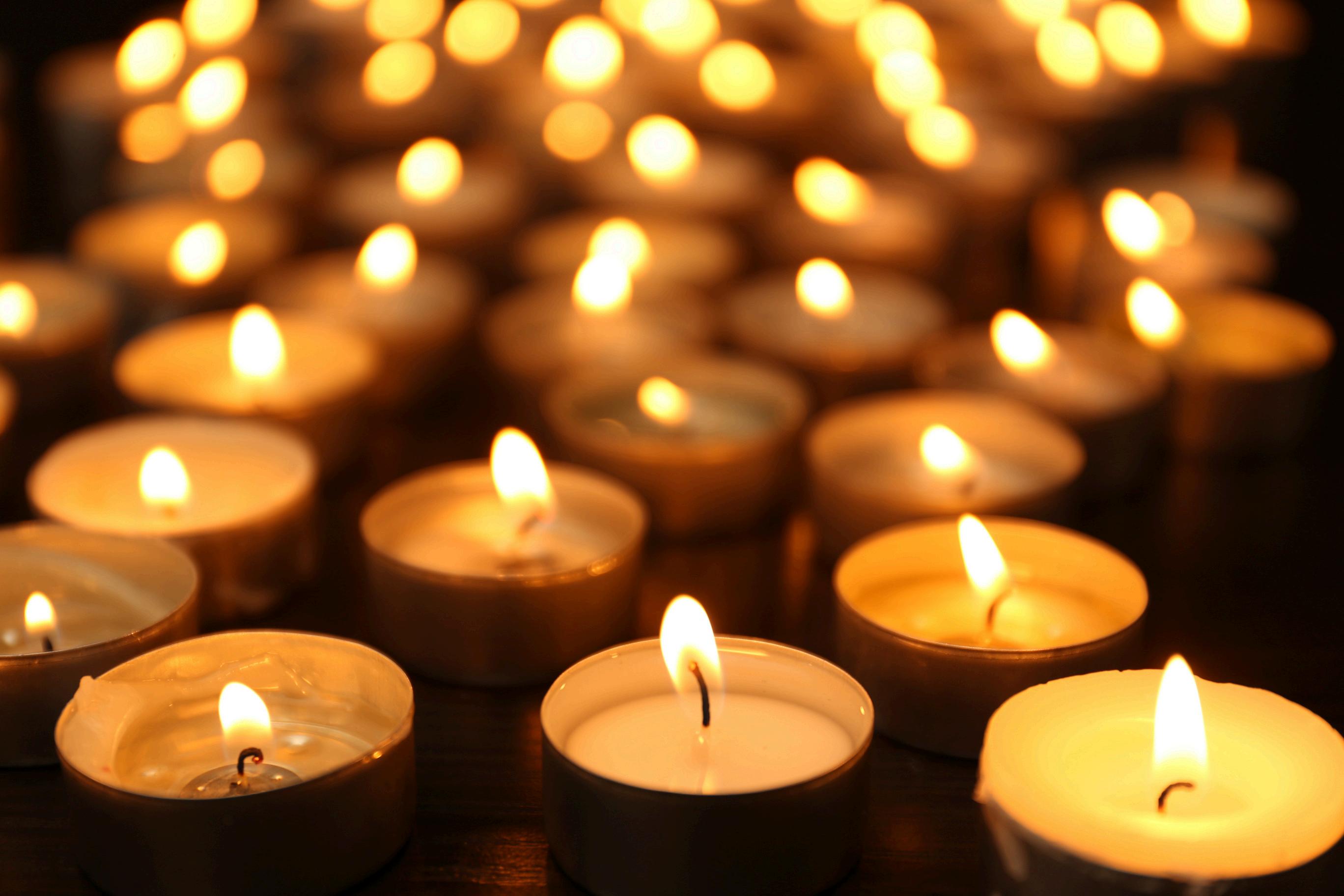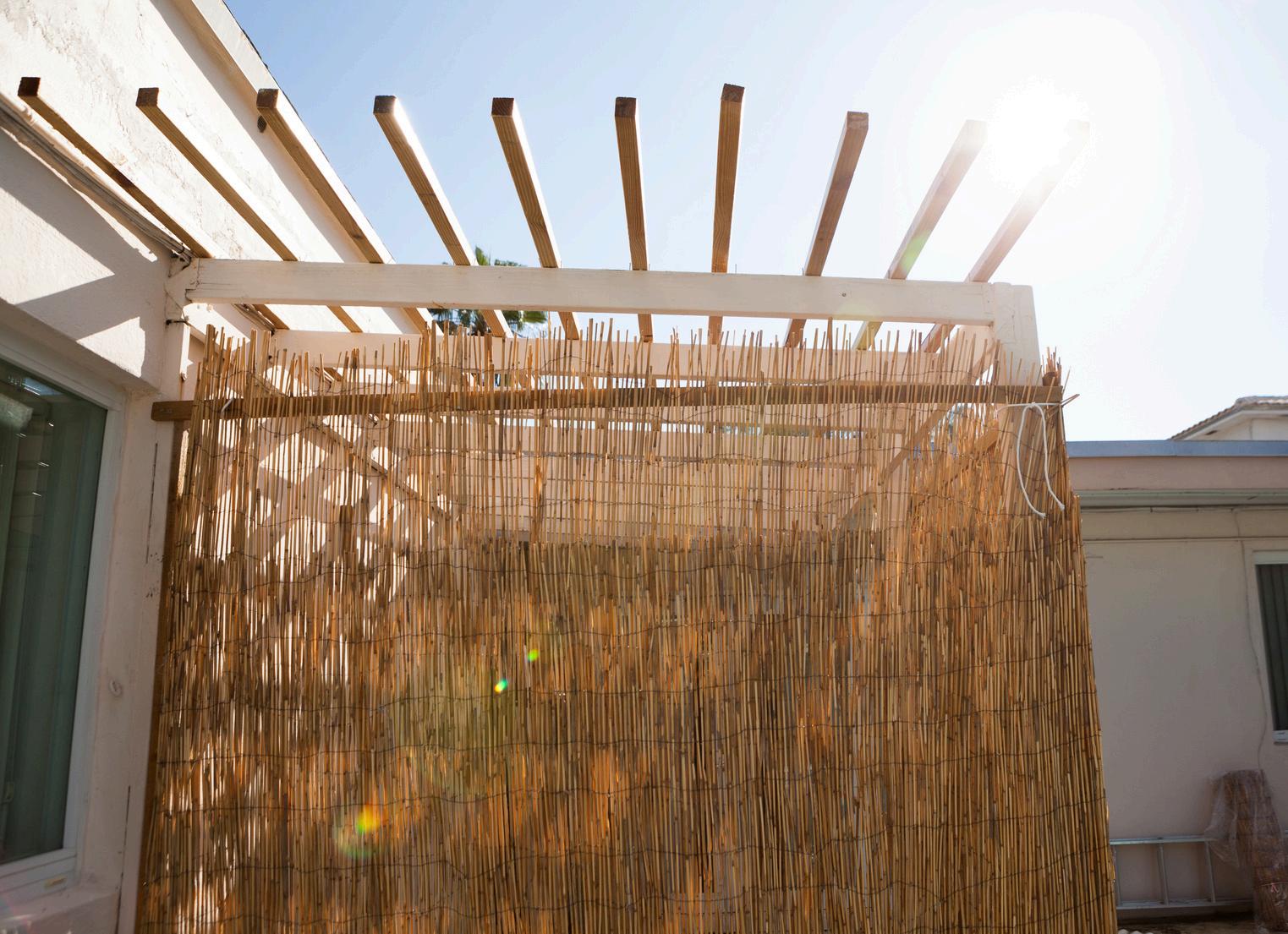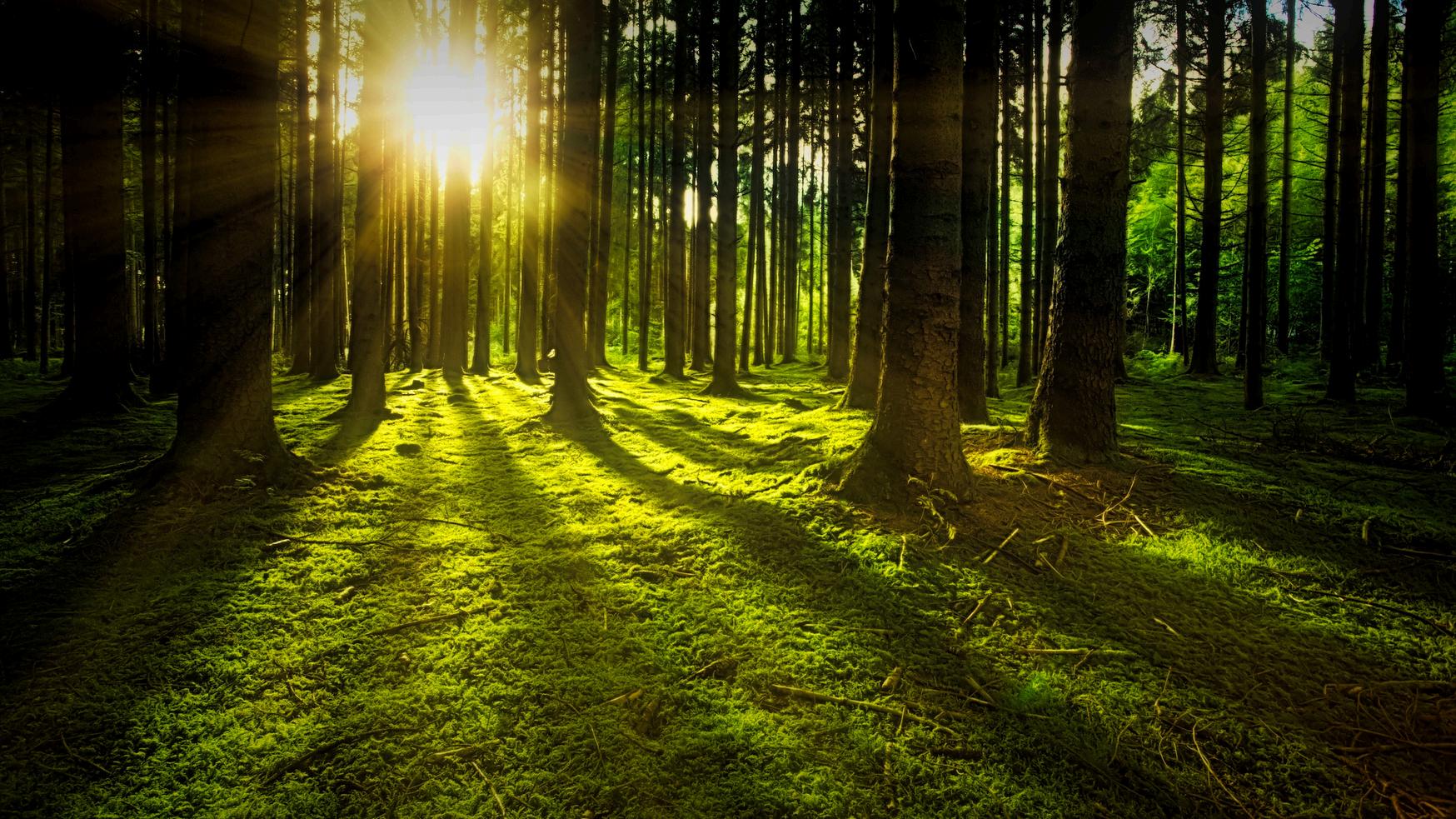
A NEW YEAR, A CHANGED WORLD:


A NEW YEAR, A CHANGED WORLD:
This year's High Holiday season may feel different. The events of October 7 were both shocking and horrific, leaving many of us in deep grief, perhaps anger, and in a state of identity turmoil.
It's been a challenging year, one that has led some of us to reassess our worldview and grapple with unfamiliar emotions fear, betrayal, and a profound sense of uncertainty.
The Days of Awe, Shabbat Shuvah (the Shabbat between Rosh Hashana + Yom Kippur), Yom Kippur, and Sukkot are some of the most important times on the Jewish calendar, taking place during three weeks this October. They are rich with symbols, rituals, and traditions. Each of these times + holidays offer opportunities to reflect on the past year, process emotions, engage in discussion, and share experiences that may bring clarity, comfort, or a sense of relief.
This guide is designed to help you draw inspiration from the High Holiday traditions to honor the horrific events of October 7, 2023 and the year that has passed since. Use this guide to incorporate rituals, discussions, or moments of self-reflection so that you may ease the burden by sharing it with others or gain deeper understanding. A NEW YEAR, A CHANGED WORLD.
The suggestions in this guide are just that — suggestions You know your needs + context best. Feel free to tweak, change, and adapt the content or methods to suit what works for you.
While each activity in this guide is linked to one of the three holidays, feel free to use any of the ideas for a different holiday or any Shabbat dinner.
These suggestions are inspired by traditional High Holiday rituals + texts, but you don’t need to be familiar with the original elements to appreciate their richness and depth. You have everything you need!
These ideas are designed to help you create meaningful moments to reflect on the year since October 7. Most of these suggestions can also be used solo or in a small group Give yourself the opportunity for clarity + relief
Simple Rituals Inspired by High Holiday Traditions to Help Us Process Where We Are Since October 7.
Conversational Prompts Related to the Holidays that can Help Share + Process the Past Challenging Year.
Reflect
Suggestions for Meditation or Journaling Prompts: Reflecting on the High Holidays and Our Personal State Post-October 7.
PAGES 5-9
PAGES 10-12
PAGES 13-17
Invitation to Short Text Studies with Guiding Questions.
PAGES 18-21
Inspired by the ancient Rosh Hashana ritual of Tashlich (which means “to cast off”), this short ritual can help release burdens and promote healing.
Traditionally during the Tashlich ceremony, we symbolically cast off the sins of the previous year by tossing pebbles or bread crumbs into flowing water. You can create a similar experience by placing a bowl of fresh water at the center of your table. Invite your guests to reflect quietly for a few moments and narrow on one issue that is weighing on them something that has become an emotional burden over the past year This could be feelings of pain, regret, confusion, guilt, sadness, or any other emotion they wish to acknowledge and symbolically release.
It's important to note that everyone experiences negative or unpleasant feelings, and this ritual is all about unearthing them.
After a few moments, invite your guests to consider when that feeling or issue began to trouble them and how they can compassionately elevate an inner voice that reassures them they have what it takes to heal and that they have the support around them to embark on a healing path.
Then, invite your guests to symbolically cast off their burden into the fresh water In Jewish tradition, water holds the power of healing, readiness, and acceptance. Allow your guests a few more moments of quiet reflection, encouraging them to notice if they can get to a feeling of relief. You might invite your guests to share their experiences. However, in many cases, it might be better to keep the experience private, allowing each person to treasure their moment of healing in their own personal way


On Sukkot, we gather four types of plants that customarily grow in the land of Israel representing the harvest, each carrying its own symbolic meaning. We bundle them together and then shake them during the holiday as a way to transition to the rainy season. Here’s a simple way to connect with the roots of this ritual.
As Sukkot is about honoring where we are physically and the bounty of what's around you, go outside (you can do this either before dinner or as a group during your dinner) and take your time to walk around. Observe the plants growing in your area and gather four types of local, seasonal plants that hold personal meaning for you. To draw inspiration from the traditional lulav, look to collect four plants that represent:
Eyes: Representing our outlook
The Spine: Signifying our actions
The Heart: Representing our feelings
Lips: Expressing our speech
An optional fifth addition would be to find a flower to represent October 7.
As the Nova Festival field has become synonymous with poppies, include a flower to honor this tragic event and day in Jewish history.

This year, following October 7, many of us feel a sense of dissonance when celebrating holidays or enjoying meals with others. Finding joy amidst so much pain + loss can be challenging. Here are a few simple additions that can help acknowledge this sorrow, allowing you and your guests to be present for one another with both openness + joy.
Light an Extra Candle: Consider adding an extra candle as a symbol of remembrance and solidarity. This candle can honor those who are no longer with us, those currently experiencing loss and pain, and serve as a beacon of hope amidst the darkness.
Add an Empty Chair: Place an empty chair at the table to honor the hostages still held in Gaza that were captured a year ago on October 7. This gesture acknowledges their absences and invites reflection on their memories or their safe return.
Set Out an Empty Cup: Position an empty cup at the table as a symbol of the unfulfilled and the lost. This can serve as a reminder to pause and reflect on the voids we carry and the resilience we seek to cultivate.
These additions (and similar ones) can create a space for meaningful connection and help balance the joy of the occasion with an honest acknowledgment of the sorrow that fills the world right now.
Conversational Prompts Related to the Holidays that can Help Share + Process the Past Challenging Year
How is the world different now compared to last Rosh Hashana? How are you different, in light of the events of October 7 and everything that followed?
During the last year, it felt like something new + confusing emerged every day How do you stay informed and connected to what's happening in the world while also protecting your mental health?
Kol Nidrei, the famous opening prayer of Yom Kippur, annuls any personal or religious oaths made between oneself and God over the past year (and, according to some, for the coming year as well). Use this opportunity to reflect on whether any promises made to us or to our generations were broken this year In light of this reflection, consider: What promises would you like to make, or wish you could make, to the next generation?
Kaparot, a symbolic tradition practiced before Yom Kippur, involves waving money (or in some communities a chicken) over a person's head and then donating it to charity, symbolizing the atonement of their sins. While this ritual may seem antiquated, it invites us to consider why bad things happen in the world + who ultimately bears the cost of someone else's mistakes Does this idea resonate with you? In what ways?
A Sukkah is a temporary home, reminding us to appreciate the safety and shelter we have and to extend a hand to those who do not In the past year, countless people in Israel + Gaza have lost their homes. What does home mean to you? How can we support those who have lost theirs?
The holiday of Sukkot emphasizes the value of welcoming a core value of OneTable How can we create space within ourselves for those who are different from us? How can we hold space for someone else’s pain? Where do you feel at home, and with whom do you feel comfortable grappling with difficult questions?
A unique Sukkot tradition involves inviting Ushpizin (“guests” in Aramaic), symbolically welcoming prominent + inspiring figures from Jewish history into the Sukkah. As you gather around the table, invite each participant to reflect, share, and symbolically welcome individuals who have inspired or impressed them over the past year — those who have demonstrated leadership, courage, authenticity, or innovative thinking.

RECOMMENDED STEPS FOR AN IMPACTFUL
These prompts are designed to inspire reflection and clarity, whether used individually or in a group setting.
Choose a seated or lying-down position that feels both relaxed + alert Make sure your spine is straight and your body is wellsupported Whether you sit on a chair, a cushion, or directly on the floor, choose whatever allows you to be comfortable and at ease.
Turn off any devices, notifications, or other distractions that could interrupt your practice. Create a quiet, calming environment where you can fully focus on the present moment.
Gently close your eyes and bring your attention to your breath. Take a deep breath in, filling your lungs completely, and then slowly exhale. Repeat this a few times, allowing yourself to settle into a calm + centered state
Take as much time as you need to reflect on the meditation or journaling prompt Allow your thoughts to flow naturally, without trying to force any particular outcome Let the process be organic + gentle.
When you’re ready to end your meditation, do so gradually Slowly bring your awareness back to your surroundings. Gently wiggle your fingers + toes, and gradually open your eyes. Take a moment to notice and acknowledge any new realizations, clarity, or simply the sense of calm you’ve cultivated.
One of the central traditions of Rosh Hashanah is the blowing of the shofar, a ram’s horn. In your meditation, imagine the sound of the shofar being blown, resonating deeply within you. As you hear it echo multiple times, ask yourself: What is the shofar calling me to do? What actions do I feel compelled to take in response to our current troubling reality?

In Jewish tradition, the act of forgiveness is held in high regard: “Who is forgiven? One who forgives others” (Talmud, Tractate Rosh Hashana) Over the past year, amidst the shifts, turmoil, and confusion we’ve all experienced, have you felt hurt or betrayed by someone? Can you find space within yourself to forgive? How might forgiveness help you heal and move forward?
A central part of the traditional Yom Kippur liturgy is the Viduy the confession. Traditionally, people may strike their heart with a fist for each sin mentioned in the prayer. Instead of striking your heart, try holding it. Place your hand gently on your heart and listen to the pain.
What have you lost this year? What has changed? Acknowledge your pain. Hold it tenderly. Sit with it in quiet contemplation. Don’t try to undo the pain or solve anything. Simply let your body be present with it Then ask yourself: Does this feel like the beginning of a healing path? What might be the next step?

A central value associated with the holiday of Sukkot is welcoming. In your reflection, invite your authentic self into the Sukkah or the space where you are. Ask yourself: Over the past year, have there been times when I felt the need to hide my true self in certain social contexts or situations? What prompted me to not be authentic in those moments? If that space were safe and felt like home, how might I have behaved differently? In what ways? Reflect on where you feel you can be your true self — without masks, pretense, or the need to conform. Where can you express your genuine opinions and feelings freely?

The Jewish holidays are primarily times of remembrance, when individuals, families, and communities are called to recall and reenact significant historical events through ritual. Each holiday prompts us to reflect, engage with the next generation, and ask ourselves: Where did I come from? What does my biography include? On Passover, Sukkot, and Shavuot, we ask: When and where was I born? In Egypt as a slave, and then I embarked on a journey from slavery to freedom. I was present at Mount Sinai, I wandered in the desert toward the Promised Land, and I settled and worked its land.
In contrast, Rosh Hashana and Yom Kippur do not have a history — no memory, no past. There is no story. Thus, neither time, birth, nor identity determine their content. It is not about what happened in the past but what’s possible in the future. Our hearts and faces are directed forward. These holidays invite us to reflect on the direction of our lives: How do we choose to live them? What are our dreams and aspirations? What is our vision for a just and humane society? What is the state of our community, our home, and our family? If you desire to create a different reality — a better and more just one — it depends entirely on you: on your aspiration for change, on your commitment to redeem yourself and society. It hinges on your vow right now, in the present, but with your gaze set firmly on the future. These two holidays are fundamentally humane and optimistic, focusing on human potential and the promise of what we can become.
Aryeh Ben-Gurion (1916 – 1998) was a prominent education + cultural figure and one of the founders of Kibbutz Beit Hashita in Israel. He was the nephew of David Ben-Gurion, Israel’s first prime minister.
Do you agree with the distinction made between the High Holidays and other Jewish holidays?
What might that difference mean to you?
When thinking about Rosh Hashana and Yom Kippur as holidays focused on the future rather than the past, how can these days inspire us to take action in creating a better world?
MARGE PIERCY, 2006
On the birthday of the world I begin to contemplate what I have done and left undone, but this year not so much rebuilding of my perennially damaged psyche, shoring up eroding friendships, digging out stumps of old resentments that refuse to rot on their own.
No, this year I want to call myself to task for what I have done and not done for peace. How much have I dared in opposition?
How much have I put on the line for freedom? For mine and others?
As these freedoms are pared, sliced and diced, where have I spoken out? Who have I tried to move? In this holy season, I stand self-convicted of sloth in a time when lies choke the mind and rhetoric bends reason to slithering choking pythons. Here I stand before the gates opening, the fire dazzling my eyes, and as I approach what judges me, I judge myself. Give me weapons of minute destruction. Let my words turn into sparks

Marge Piercy (born 1936) is an American novelist, poet, and social activist. Her work, deeply rooted in her Jewish heritage, often explores feminist themes, social justice, and environmental causes.
The last holiday of the year [in the Biblical holiday cycle], known as Sukkot, occurs at a time when day and night are equal in length (the fall equinox). From this, we learn two things: The first is that we must respect equality + reject inequality. Equality is the beginning and origin of justice, and inequality is the root of injustice The first is like sunlight; the second, darkness.
The second thing we learn is that after all the fruits have ripened perfectly, we are commanded during the holiday to dwell in booths. Perhaps the purpose of this is to remind us of the wanderings of our ancestors in the depths of the desert, when they spent many years living in tents at each stop Indeed, It is good for a person to remember their poverty in the days of their wealth, their lowliness in the days of their glory, their life as a simple person even after they have risen to greatness, the dangers of war in times of peace, the storms at sea while on land, and the desert while in the city But beyond the pleasure, you will find great benefit here for the cultivation of good traits and deeds because whoever remembers both the good and the bad will surely be filled with feelings of gratitude.
-PHILO OF ALEXANDRIA, ON SPECIAL LAWS
Philo of Alexandria (20 BCE – 50 CE) was a Jewish philosopher and theologian who lived in Alexandria, in the Roman province of Egypt.
Philo’s perspective on Sukkot emphasizes social justice. Do you agree with his views on equality? What additional values do you believe are necessary to promote justice?
Beyond the feelings of gratitude mentioned in the text, what other effects might arise from recalling less privileged times while experiencing well-being?
Is it necessary to personally endure challenging life circumstances to empathize with the less privileged and take action to improve their reality?